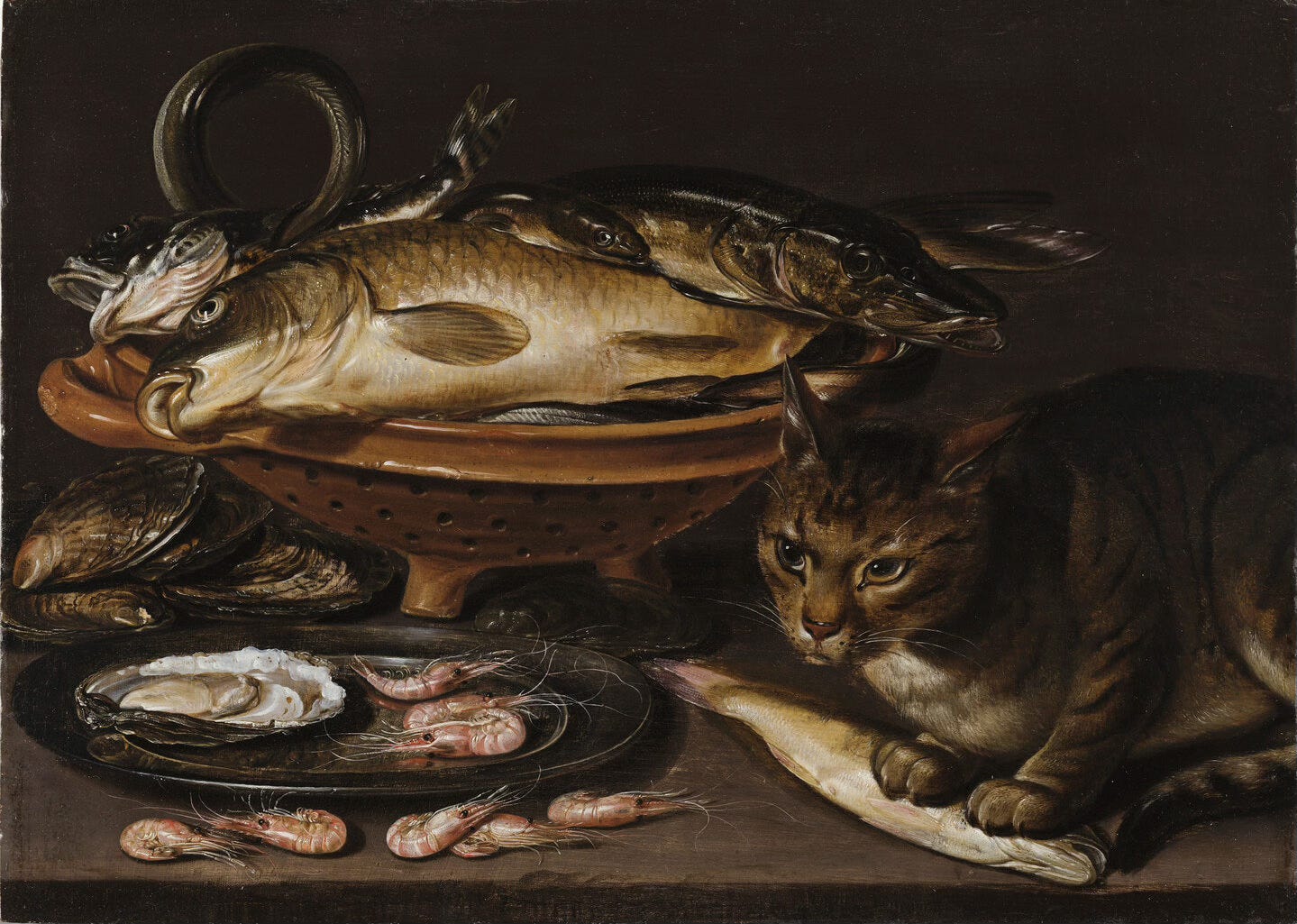A glutton's delight: too much, but oh so good
Review of The Embarrassment of Riches: An Interpretation of Dutch Culture in the Golden Age by Simon Schama
Massive and rambling, this is a history book without finely drawn parameters. Schama, in my reading, wanted to cover the whole of a unique humanist culture – tolerant, intelligent, united by outside threats rather than by Calvinism, and loosely structured in the era of absolutism. Focusing largely on paintings, prints, and writings, Schama offers a dazzling cultural tour – the only trouble is, he seems to want to cover everything, and in the process the thread of narrative is lost from the very beginning in all the luscious details. While it is far better than Schama’s Landscape and Memory in terms of unity of theme, there are long passages where it is near-impossible to tell where he wants to go or what he really has to say.
At its best, the book offers lovely descriptions of such varied subjects as midwives, a brief popular fascination with beached whales, Dutch sex, Dutch diet, and conventions of charity, to name just a few. Many of the details along the way that need explanation are very briefly referred to, such as the 80-year War of independence from Spain, the difficulties with France as Louis XIV sought to expand his national territory, and the fabulous technological achievement of reclaiming much of the land from sea silt. The reader is treated to a grand political experiment – the nation was divided into a number of provinces, each with its own system of government and laws, yet somehow able to act coherently – along with the art. When I next go there, my experience will be immeasurably enriched.
However, at its worst, Schama appeared to me to be showing off his erudition, which is truly incredible and hence describing way, way too much while not covering more of the basics. While this certainly points to the weaknesses of my own education in Dutch history, I doubt that many readers would know the mechanisms of Dutch economic superiority or why the Tulip mania could occur there and not in Antwerp or Venice. Instead, for example, Schama devotes over 30 pages to describing how much they ate, drank, and smoked referring innumerable obscure artists and interpreting all of the details of composition and subject matter in individual works. Yes, the prose is luminous, but why so awfully much??! It is really more of a multi-layered essay that will have to be re-read, if the reader has time and the will to invest in it.
Moreover, the end of the book is rushed and becomes less and less coherent at the moment when the reader is hoping that it will somehow get all tied together with an overview. The references in the last 100 pages become more obscure and recondite, requiring ever greater knowledge on the part of the reader as explanations disappear. Finally, the epilogue did absolutely nothing for me and was for the most part incomprehensible.





